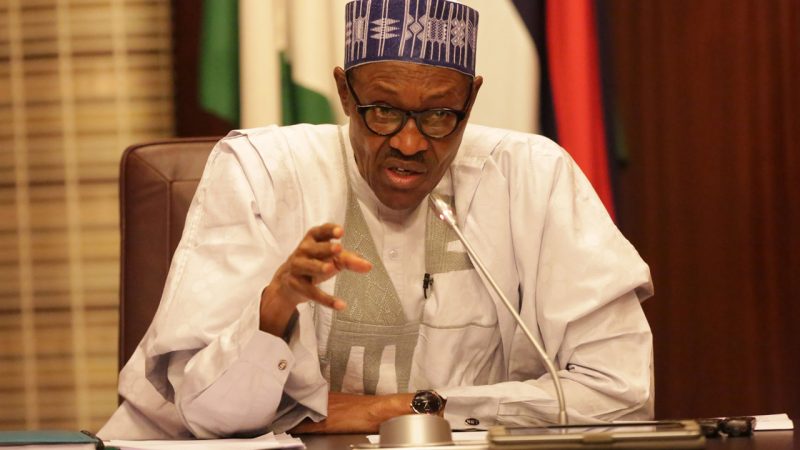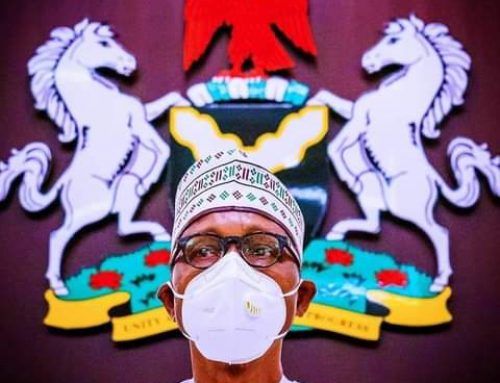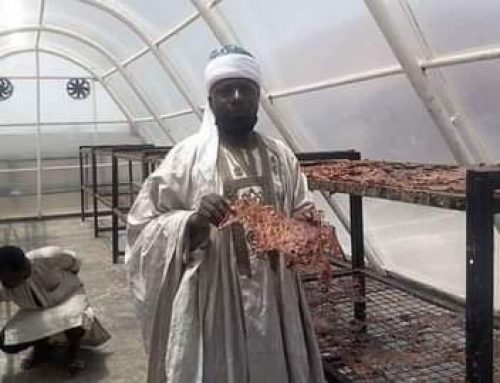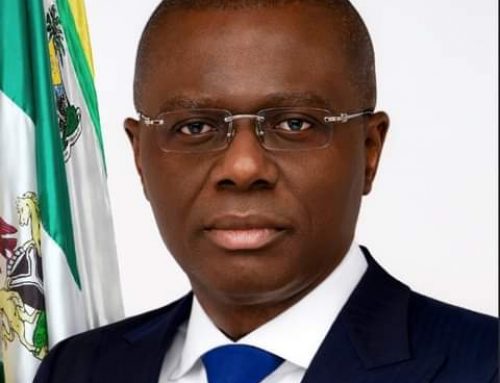President buhari’s independence day speech was a message of hope, giving Nigerians reasons to believe that there are better days ahead, in the face of the economic challenges being faced in the country. The president, in his speech, in addition to points raised on many areas of the economy, focused on agriculture and what the federal government has done / is doing in points 23, 24, 25 and 26 of the speech. Below are the points extracted from the speech, based on the copy released on channels television website. Let’s hear your view in the comment.
The Federal Ministry of Agriculture and the Central Bank have been mobilized to encourage local production of rice, maize, sorghum, millet and soya beans. Our target is to achieve domestic self-sufficiency in these staples by 2018.
Already farmers in thirteen out of thirty six states are receiving credit support through the Central Bank of Nigeria’s Anchor Borrowers Programme. Kebbi state alone this year is expected to produce one million tonnes of locally grown rice, thanks to a favourable harvest this year. As part of the 13 states, Lagos and Ogun are also starting this programme. Rice alone for example costs Nigeria two billion USD to import.
The country should be self-sufficient in basic staples by 2019. Foreign exchange thus saved can go to industrial revival requirements for retooling, essential raw materials and spare parts. It is in recognition of the need to re-invigorate agriculture in our rural communities that we are introducing the LIFE programme.
Government recognises that irrigation is key to modern agriculture: that is why the Ministries of Agriculture and Water Resources are embarking on a huge programme of development of lakes, earth dams and water harvesting schemes throughout the country to ensure that we are no longer dependent on rain-fed agriculture for our food requirements.





Christian, I believe that every state in this country will have her share of the agric goodies from the FG. Let’s give our full support to the government. GOD bless Nigeria.